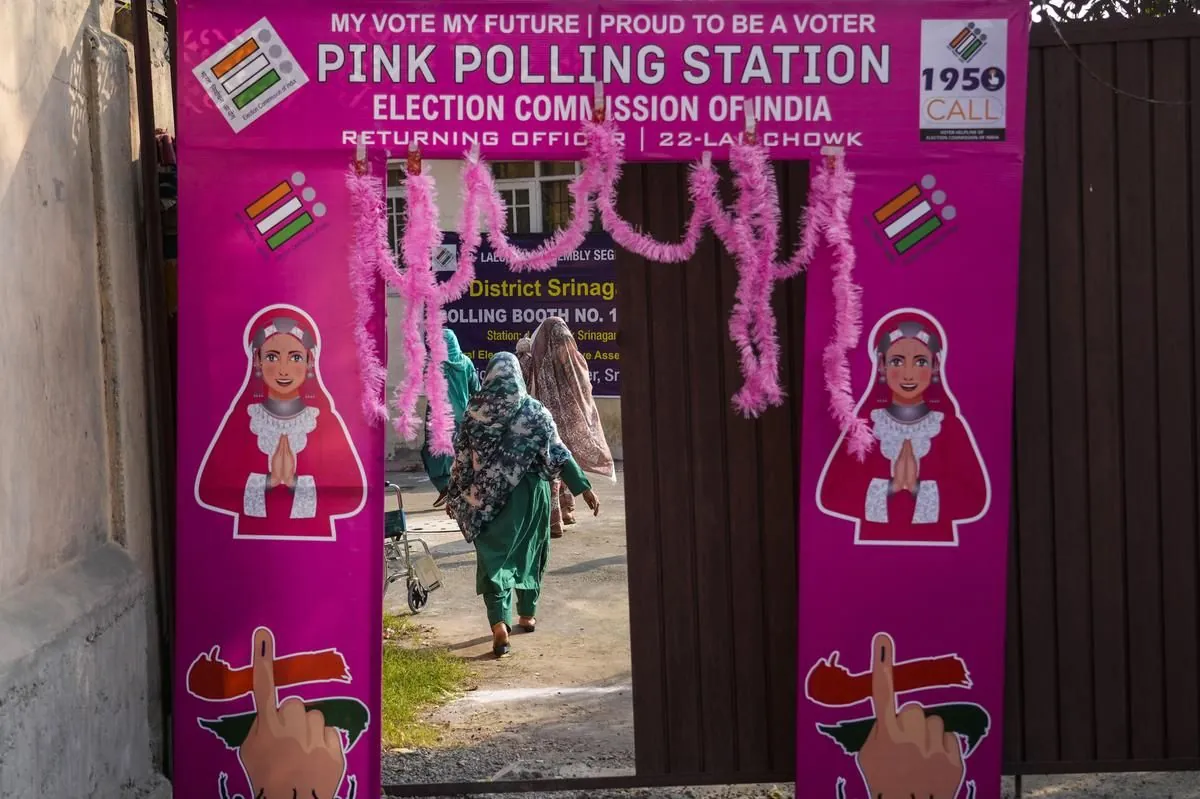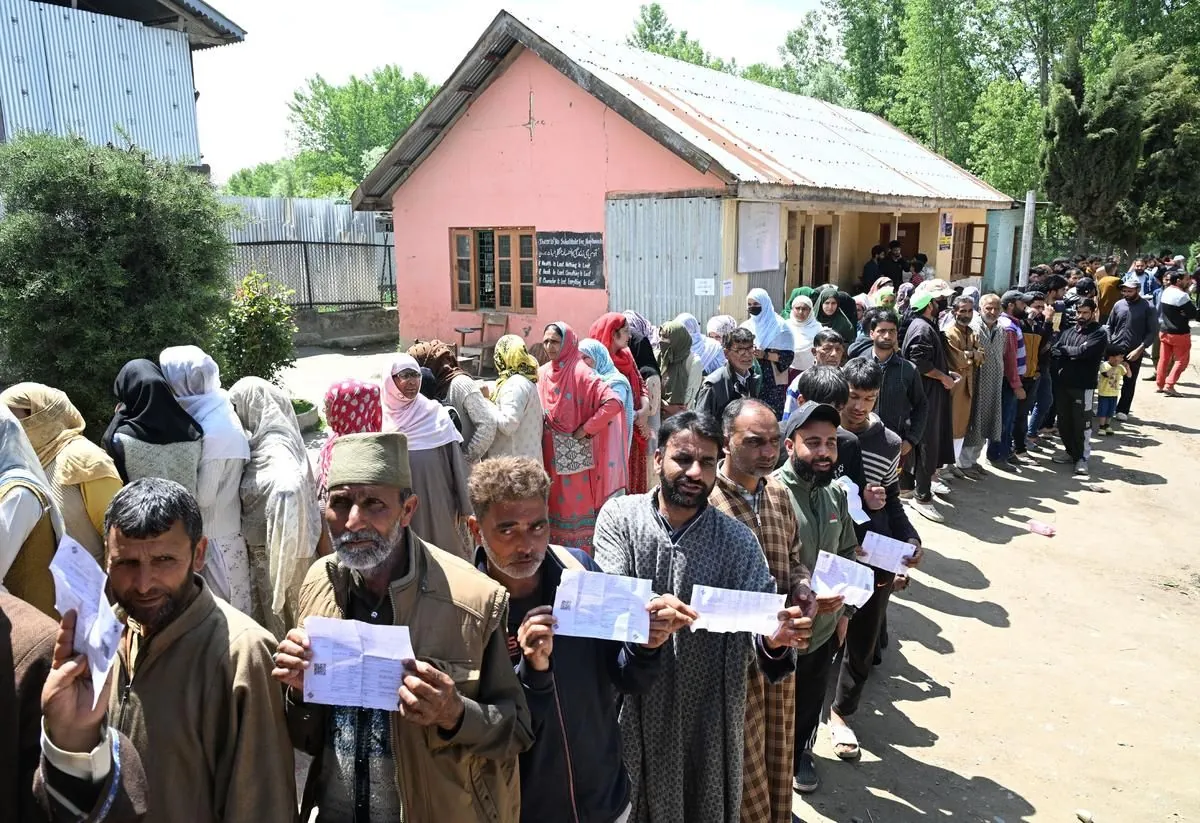Foreign Diplomats Observe Historic Jammu and Kashmir Elections
Foreign diplomats witness local elections in Jammu and Kashmir, marking the first vote in a decade. The event highlights India's efforts to showcase democratic processes in the disputed region.

In a significant development, foreign diplomats from 15 nations were invited to observe local elections in India's Jammu and Kashmir region on September 25, 2024. This marks the first time in a decade that the disputed Himalayan territory has held such a vote, with over 9 million eligible voters participating in the three-phase election for the region's 90-seat legislature.
The presence of international observers underscores India's efforts to demonstrate transparency in the electoral process. Diplomats from countries including the United States, Mexico, Singapore, Spain, and South Korea visited polling stations across the Muslim-majority Kashmir Valley.
Jorgan K Andrews, deputy chief of mission at the U.S. Embassy, expressed his impressions:
"It is a rare opportunity to come to Kashmir and see the electoral process in action and see democracy. It looks very smooth, everything is very professional."
This election is particularly noteworthy as it follows the Indian government's decision to revoke Jammu and Kashmir's special semi-autonomous status in 2019. The region, which has been at the center of a longstanding dispute between India and Pakistan since 1947, has experienced significant changes in its governance structure over the past five years.

The invitation extended to foreign diplomats has sparked mixed reactions. While the government views it as an opportunity to showcase democratic processes, some local leaders have expressed reservations. Omar Abdullah, leader of the National Conference party, questioned the necessity of foreign observers, stating:
"When foreign governments comment (on Kashmir), the government of India says this is an internal matter for India, and now suddenly they want foreign observers to come and look at our elections. Jammu and Kashmir elections are an internal matter for us and we do not need their certificate."
The region's complex history includes an insurgency that began in 1989, resulting in tens of thousands of casualties. However, recent years have seen a reduction in violence. The Indian government asserts that the revocation of special status has contributed to normalcy and development in the area.
Jammu and Kashmir's unique geography and cultural heritage have long made it a subject of international interest. The region is known for its diverse landscapes, including the famous Dal Lake and Gulmarg, which have been significant contributors to the local tourism industry. The area is also renowned for its Kashmiri handicrafts, such as carpets, shawls, and woodwork, reflecting its rich cultural tapestry influenced by Hinduism, Buddhism, and Islam.
The ongoing electoral process is being closely watched, given the region's history of security concerns during elections. However, recent national elections held in April and May 2024 saw an encouraging 58.46% voter turnout, the highest in 35 years for the territory.
As the election unfolds, it remains to be seen how this democratic exercise will impact the region's future and its relationship with the central government. The international community's involvement as observers adds a new dimension to the complex narrative of Jammu and Kashmir, a region that continues to navigate its path amidst historical disputes and evolving political realities.


































